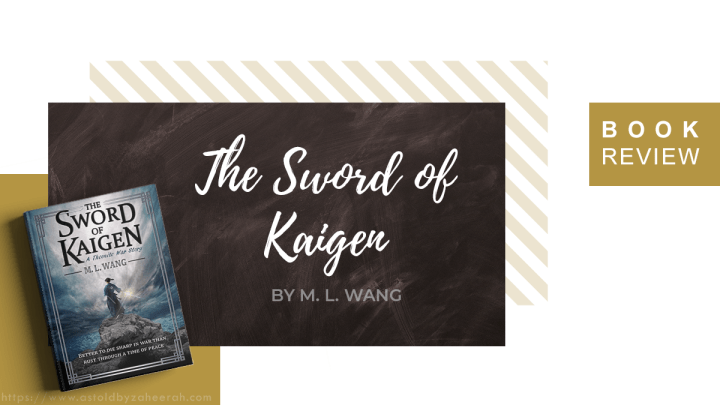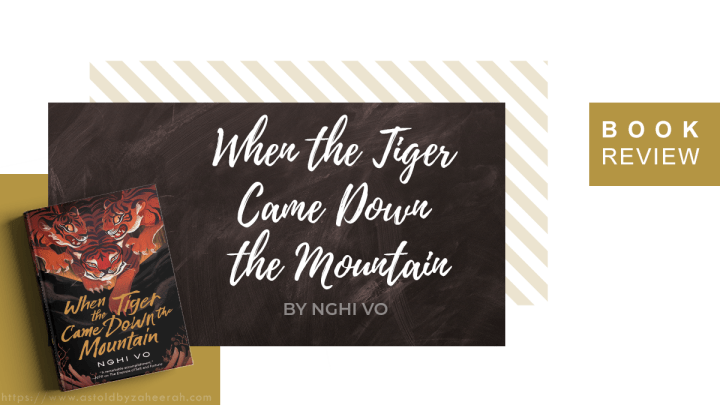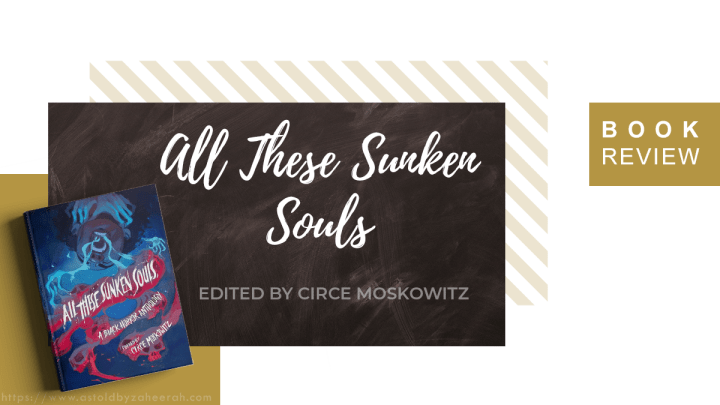
Upon the highest mountains live the fighters of the Kusanagi Peninsula, whose bloodline has kept the Kaigenese Empire safe for centuries, earning them the title ‘The Sword of Kaigen.’ The Matsuda family are a true testament to the title, with their eldest born, Mamoru, growing stronger each day. But when the enemies return to their shores, are they truly prepared to fight when they discover their Empire may have been built on lies?
I cannot tell you how many times I have tried to write this review without it turning into an incoherent paragraph of emotions. This is the book I should’ve read on my deathbed because how on earth am I supposed to move on from this?
The Sword of Kaigen follows the Matsuda family, primarily its eldest, Mamoru, and his mother, Misaki. Like the other families around them, they can manipulate water, and the Matsuda’s are famous for their bloodline technique, Whispering Blade, a move so sharp that ice can cut steel. The pressure is on for Mamoru, who begins to feel the heaviness of the Matsuda name and finds his world turned upside down when his new school friend teaches him that the Empire, he was raised to serve has been lying to him all this time. His mother, Misaki, holds her own secrets; a past from before her marriage to Takeru Matsuda haunts her when war returns to their shores.
When defining a ‘character-driven book’, I believe we should also include The Sword of Kaigen in the explanation. M.L. Wang has done remarkably well, almost perfectly, regarding the cast of The Sword of Kaigen. Mamoru, the sweetest boy, only wants to protect his home. Misaki is a skilled woman who fights to rise above traditions when she can no longer abide by its rules. Even Takeru, her stone-cold husband, flipped my perception drastically from the first time we met. While I loved Mamoru as my own, Misaki is the novel’s showstopper. Having been a fighter in her youth, she has closed off her past to her children and witnessing her son see the truth for the first time, she finds herself reminiscing on her past, and the fighting soul within her returns to the surface. She grows tired of listening to people who wish for her silence and watching her come back to life could be a novel in its own right.
I have learnt from other reviews that the story’s pacing is often a common critique that is most brought up. Still, I found the unconventional pacing added to the emotional impact and reading experience. The story starts slow, quite literally the calm before the storm. Change slowly occurs, mainly through Mamoru’s POV, a young boy discovering that his Empire was suppressing the truth from his family. Not everyone is happy to hear him speak indifferently of their Empire, especially his father, Takeru. Misaki does her best to allow her son to understand the truth without overstepping. The development of their mother-son relationship was tender and heart-breaking,
When the action hits the page, it hits hard. It is messy; no one is truly prepared for what is to come, and the invasion confuses even the strongest warriors. The fighting barely takes up much of the story, but its effect ripples all the way to the final page. While some of the best moments happen outside of the fight, Wang’s ability to write action sequences is brilliant – so much vivid and insightful descriptions that I felt like I was watching a visual novel unfold. I was speechless throughout it all.
Overall, I finished this book with sheer admiration for M.L Wang as there are not many authors whose stories give me such whiplash that I can’t stop thinking about it even months after. I learnt not long after that Wang has chosen not to continue in this universe, and while I was shocked to hear this, I am grateful for what we’ve been given already. An all-favourite that I will cherish dearly.





